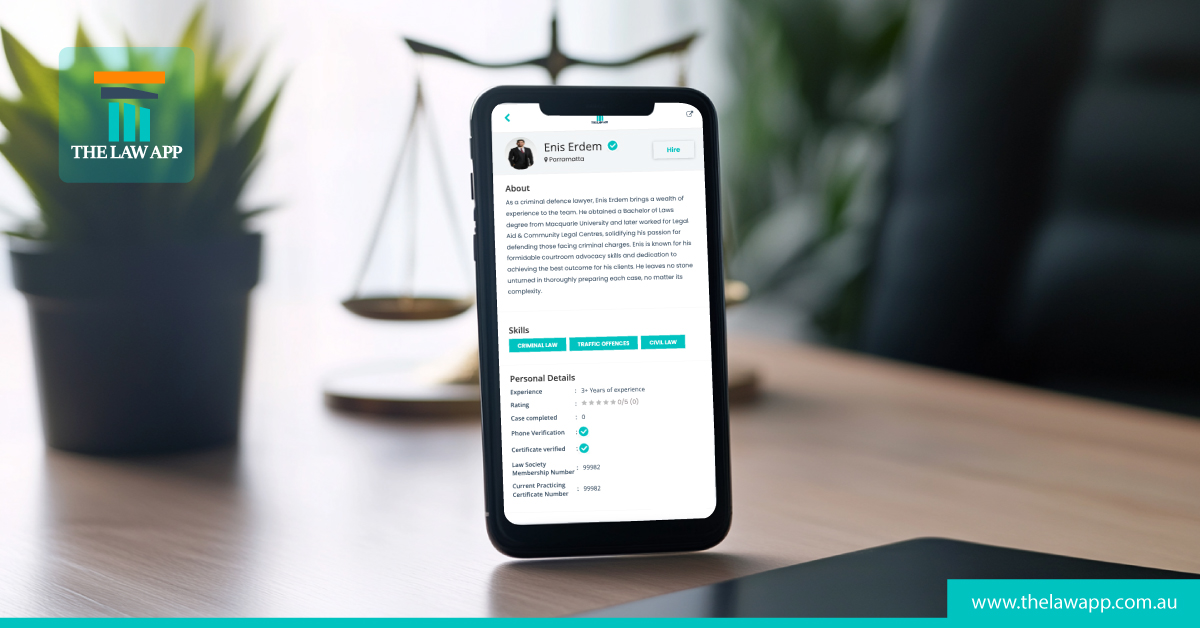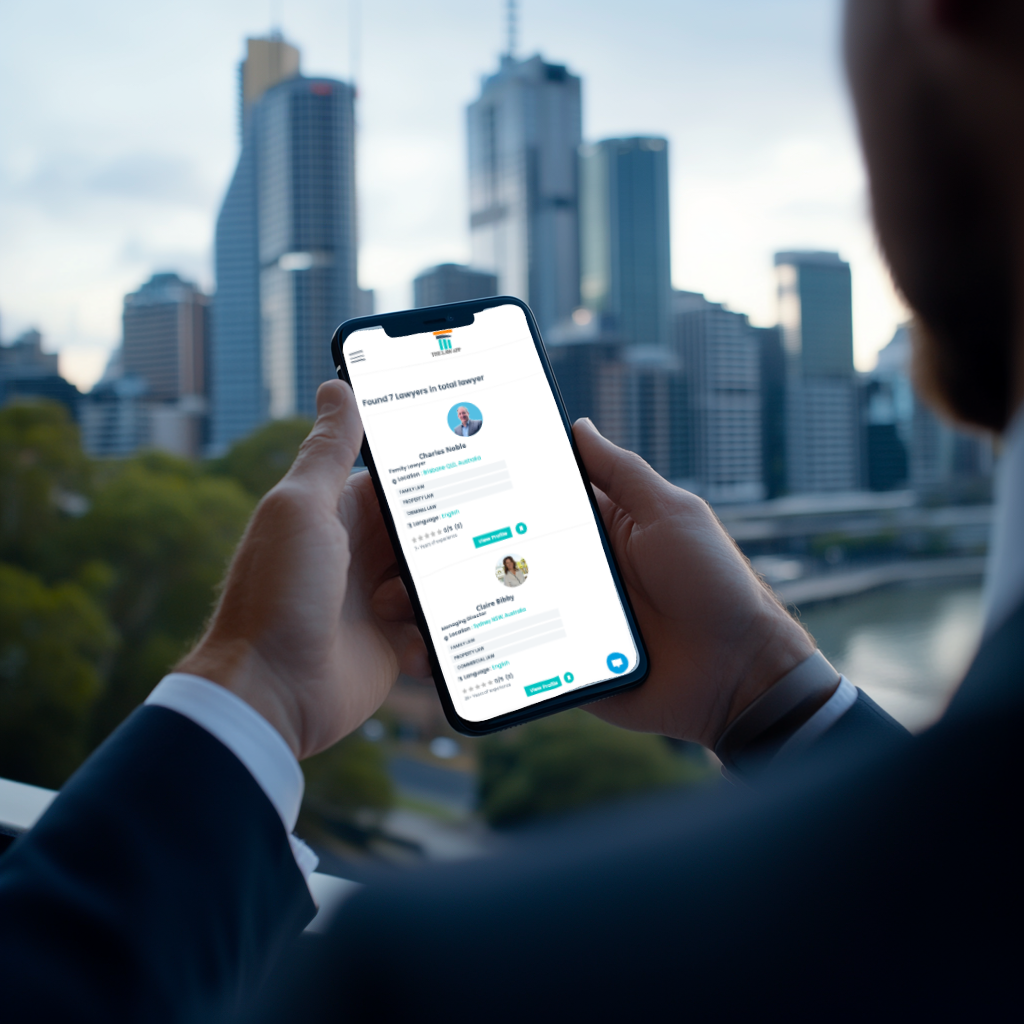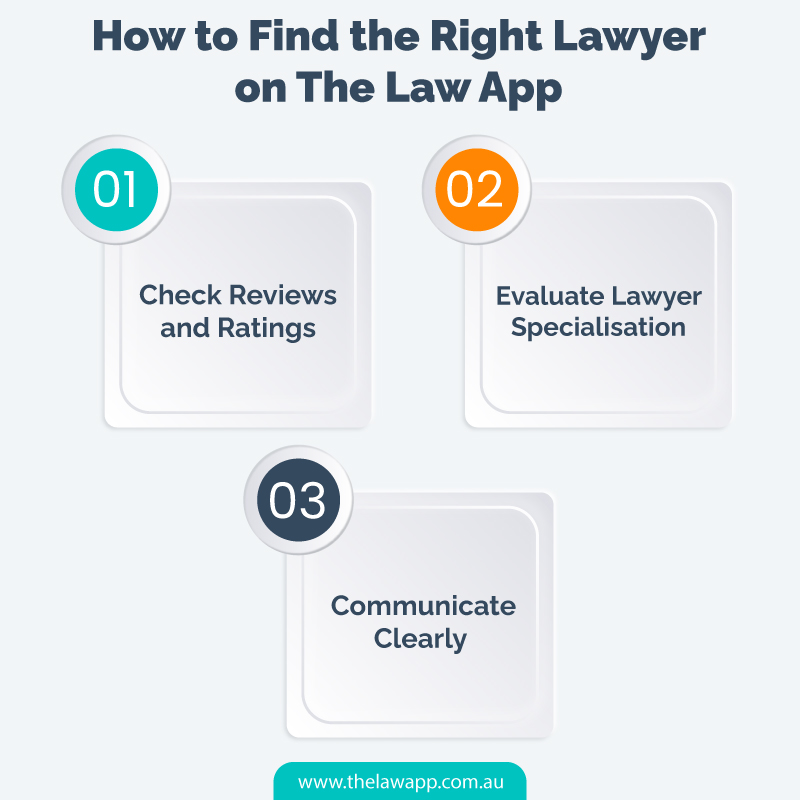
In today’s fast-paced digital world, more and more services are moving online, including legal advice. The days of waiting weeks for a lawyer’s appointment or paying hefty fees for consultations are becoming a thing of the past. Now, with a few taps on your smartphone, you can get expert legal help at your fingertips. Apps for legal advice have revolutionised how individuals and businesses access legal services, making it more affordable, accessible, and efficient.
In this guide, we will explore how apps for legal advice work, their benefits, and how you can make the most of these digital platforms. Whether you’re dealing with a personal legal issue or running a small business in need of legal consultation, this article will help you navigate the world of legal advice apps.

Apps for legal advice are digital platforms designed to connect individuals or businesses with legal professionals. These platforms allow users to post legal questions or issues, receive bids from lawyers, and select the most suitable attorney based on price, expertise, and user reviews.
Some apps act as lawyer marketplaces, where attorneys offer their services and bid on clients’ cases. This competitive nature often results in more affordable legal help for clients. Other apps provide a fixed-fee structure, offering clarity on costs from the beginning.
This easy-to-use format allows users to quickly resolve legal problems without the need for in-person meetings, saving time and money.
The functionality of legal advice apps is designed to be user-friendly, streamlining the process of finding a lawyer and getting advice. Below is a step-by-step guide to how clients can use these apps.
Once you download the app, the first step is to post your legal issue. You’ll typically be prompted to describe your problem, whether it’s a contract dispute, family law issue, or need for legal guidance in setting up a business.
After submitting your issue, lawyers on the platform will review your post and submit their bids. These bids include pricing, estimated time to resolve your issue, and a brief summary of how they can help.
You’ll then have the chance to review the profiles of the lawyers who have bid on your case. These profiles typically feature:
Based on the bids and lawyer profiles, you can choose the attorney that best fits your needs. You can communicate directly with the lawyer via the app’s messaging platform, ensuring smooth communication and case progress updates.
One of the most attractive aspects of legal advice apps is their transparent pricing structure. Unlike traditional legal consultations, where fees can be unclear and accumulate quickly, legal apps offer upfront pricing that allows clients to plan their budgets accordingly.
The price bids submitted by lawyers on legal apps can vary significantly depending on:
This competitive bidding process works in favour of the client, as lawyers are often incentivised to offer competitive rates to secure business. Clients can also take their time to review offers before making a decision, avoiding the pressure of quick, expensive decisions.

Finding the right lawyer using legal advice apps can be daunting, especially if it’s your first time using such a service. Here are a few tips to help you navigate this process successfully:
Always look at the reviews and ratings of the lawyers who bid on your case. Previous clients often provide valuable insights into the lawyer’s professionalism, communication style, and success rate. High ratings from multiple clients are usually a good indicator of reliability.
Different lawyers specialise in different areas of law. Some may excel in business law, while others might focus on family law or intellectual property. Be sure to choose a lawyer whose expertise matches your legal issue. Many apps offer filtering options, so you can easily narrow down lawyers based on their practice areas.
Once you’ve narrowed down your list of potential lawyers, use the app’s messaging function to ask specific questions. This will help you gauge their understanding of your issue and whether they’re a good fit. Clear communication ensures both you and your lawyer are on the same page.
While legal advice apps are convenient and cost-effective, they aren’t suited for every type of legal issue. However, they are ideal for several common legal matters, including:
For entrepreneurs and small businesses, these apps can help with tasks like setting up contracts, reviewing leases, handling employment disputes, or ensuring regulatory compliance.
Whether it’s a divorce, custody issue, or prenuptial agreement, legal apps offer affordable consultations for handling sensitive family matters.
Legal apps provide excellent assistance for real estate transactions, including contract review, tenant-landlord disputes, and property purchases.
If you’re involved in an accident and need advice on compensation or insurance claims, a legal advice app can quickly connect you with a lawyer specialising in personal injury law.
If you’re a content creator, artist, or entrepreneur, intellectual property concerns are common. Legal apps can assist in trademark registration, patent issues, and copyright disputes.
A wide variety of lawyers, specialising in different fields are available on the platform to provide expert legal assistance tailored to your specific needs.
The convenience of legal advice apps is hard to overstate. Traditional legal consultations often involve scheduling appointments, travelling to offices, and waiting for responses. Legal apps cut out these time-consuming steps, providing instant access to expert help.
Security is a primary concern when dealing with legal issues online, and most reputable legal advice apps implement robust security measures to ensure your information stays confidential. Here’s how these apps keep your data safe:
Leading legal apps use end-to-end encryption to protect communication between you and your lawyer. This means that no third party, including the app itself, can access your messages or documents.
Legal apps also provide secure portals for sharing sensitive documents. These portals often have advanced security features such as two-factor authentication and restricted access controls.
Many platforms vet the lawyers who sign up, ensuring they meet certain professional and ethical standards. This gives clients confidence that they are receiving advice from qualified professionals.
While legal advice apps are incredibly useful for handling common legal issues, they may not be the best option for highly complex cases. Legal matters involving large sums of money, criminal charges, or intricate corporate disputes may require face-to-face consultations and the personalised attention that only traditional legal services can offer.
However, many clients find that for less complicated issues, these apps provide an ideal balance of affordability and convenience. For small business owners, freelancers, or individuals with straightforward legal concerns, apps are an excellent first step toward resolving issues without the financial burden of hiring a full-time lawyer.
Legal advice apps have transformed the way individuals and businesses access legal help, making it more affordable, convenient, and accessible. By following the tips outlined in this guide, you can take full advantage of these platforms, ensuring you find the right lawyer at the right price.
With clear pricing, ease of use, and a wide selection of lawyers, legal apps are becoming an essential tool in the modern world. Whether you’re dealing with a family issue, business contract, or intellectual property concern, legal advice apps offer a streamlined, digital alternative to traditional legal consultations.
How do I know if a lawyer on a legal advice app is trustworthy?
Most apps have vetting processes and client reviews to help you assess a lawyer’s qualifications and track record.
Are legal advice apps secure for sharing sensitive documents?
Yes, most reputable apps use encryption and secure file-sharing systems to protect client information.
Can I use legal advice apps for complex legal cases?
While apps are excellent for straightforward issues, complex legal matters may still require traditional, in-person consultations.
Do legal advice apps charge a fee?
Many apps are free to download, but fees apply once you hire a lawyer. Some apps also offer fixed-price services.
What types of legal issues can be handled through apps?
Common issues include business law, family law, real estate, personal injury, and intellectual property.